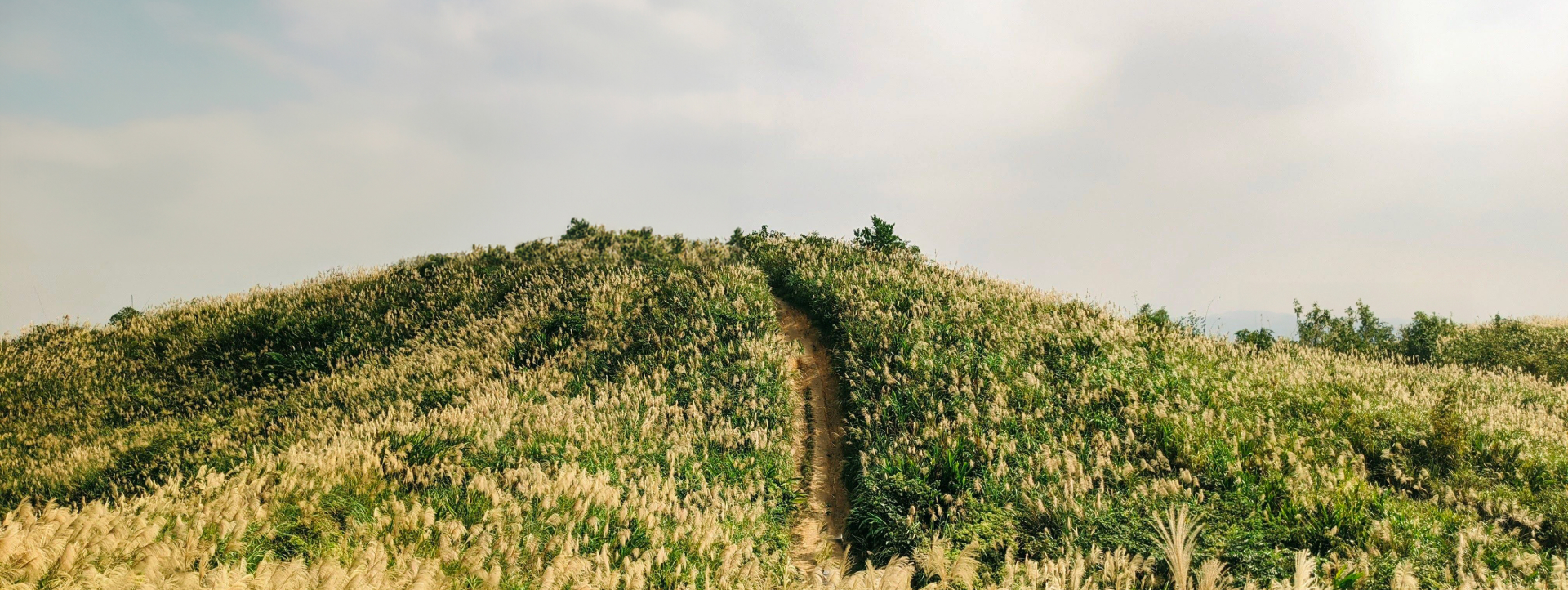Case Study: From Elephant Grass to Construction Materials with AM
IN-DEPTH WITH MAARTEN MARKUS, SUSTAINABILITY MANAGER AT AM
In this project Impact Hub Amsterdam guided the innovation process and collaboration between AM Gebiedsontwikkeling and impact startup ELGRA, which makes various elephant grass products with local farmers. The partnership recently received a circular chain project subsidy from the Ministry of Infrastructure and Water Management to pilot circular bio-based construction materials.
Read on below the image to learn more about this project.

In-depth with Maarten Markus (AM)
PROJECT LEAD IMPACT HUB
PROJECT LEAD AM
Q: What was your main goal in teaming up with Impact Hub, and getting matched with innovative solution providers?
Maarten (AM): “We have dedicated much time to our new sustainability strategy, where research and innovation play a big part. So we wanted to look at sustainability opportunities more broadly and innovatively.
We took part in one of the strategy workshops facilitated by Ilse and Evan. And we also worked with PHI Factory to learn how impact innovation can become a pillar in the new sustainability strategy called Climate Positive.
While looking at the sustainability opportunities we could explore, we focused on growing biobased materials on the land we own and cannot (yet) build on. Impact Hub did a great job in searching for and selecting innovative solutions.”
Q: How did the collaboration impact your business strategy?
Maarten (AM): “We already have a sustainability minded company culture and the collaboration helped us look beyond real estate projects to other impact possibilities.
Our company focus is realising sustainable living environments, with regards to both housing and commercial real estate. So we really need to focus and choose our non-project activities like innovation projects.
Within sustainability, we need to innovate, but we also need a scope, a structured approach to innovation. Impact Hub really helped us with guiding the innovation process. Together, we workshopped our way through the top 10 startups.”
Q: How many innovative solutions were you matched with? And how many did you shortlist?
Maarten (AM): “We eventually shortlisted five companies, then talked to them, and selected the one that was least far ahead yet the most promising for CO2 capture. Essentially, we went for the most daring of all the potential innovation partners.
We also started purchasing the products of another party from the shortlist, Isovlas.”
Q: What kind of impact do you foresee making in 3 years?
Maarten (AM): “We started with growing more miscanthus and hope that in 3 years, the material will be applicable in the construction sector.
In the long term, we want to build a chain around miscanthus: grow, produce, and use it locally, too. We aim to obtain all necessary safety and sustainability certifications so that, in two years, we can use the material in Haarlemmermeer.
Making new building materials is complicated. It’s up to ELGRA to take the next step and get partners for the material development process. We are not product developers – we create new sustainable neighbourhoods.
ELGRA is in the lead on the product level; we chose them because they are the most innovative partner with the highest impact potential. We bring the network and opportunity to build consortia using these innovative materials. Together, we can come really far. “
Q: How are you planning to scale the innovative solution you have selected and/or implemented?
Maarten (AM): “We have our prototype, which we introduced at Provada 2023, and we want to take it to the next level. One potential pilot is using new material for flat roofs on sheds. Rooftop renovations could also be an avenue. We have a network that can buy the material, but we may need to include more partner networks to go further.”
Q: What was the highlight of your collaboration with Impact Hub?
Maarten (AM): “We learned so much about a specific field outside our direct expertise, especially biobased crops and materials. This whole process was engaging and time-effective, especially speaking to the five shortlisted solutions providers.”
Q: On a scale of 1 to 10, how would you rate the partnership between AM and Impact Hub Amsterdam?
Maarten (AM): “8 out of 10 for the whole process – from getting to know each other to Impact Hub’s guidance in the prototype innovation and development process. Impact Hub is fun and energising to work with. We enjoyed the workshop approach and being at your location.“
Q: What are the next steps for the circular chain subsidy the consortium received?
Maarten (AM): “We received a subsidy for 2 years. Each partner got €20,000 to work together through the next steps, namely a second prototype and finding the partners to produce and certify the material.
We will spend the first year prototype R&D and the second year hopefully applying it in places like the Green Village in Delft or a shed pilot. A promising application could be an isolation material for roofs.
We are currently working on the business model and organisational responsibilities.“
Are you looking for ways to innovate your business model? Then have a look at Impact Hub’s Innovation Program.
We help organisations by developing and validating sustainability propositions in a practical, structured, rapid and fun way – without allocating too many resources before a case is proven. We believe that starting out small whilst staying aligned with your overarching strategy, and scaling up fast after successful pilot validation is the best strategy for sustainable innovation. We currently do this for clients of ABN AMRO, and organisations such as Ikea, Roche and Marktplaats.

